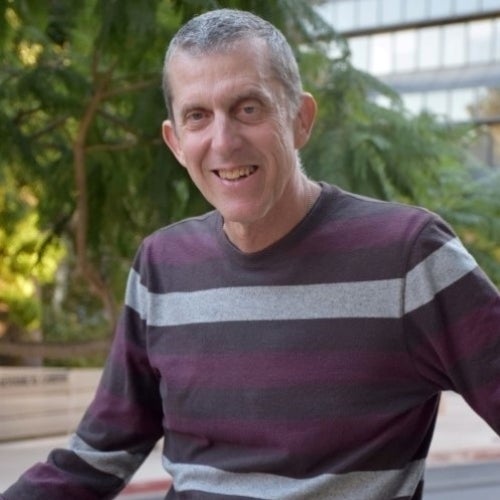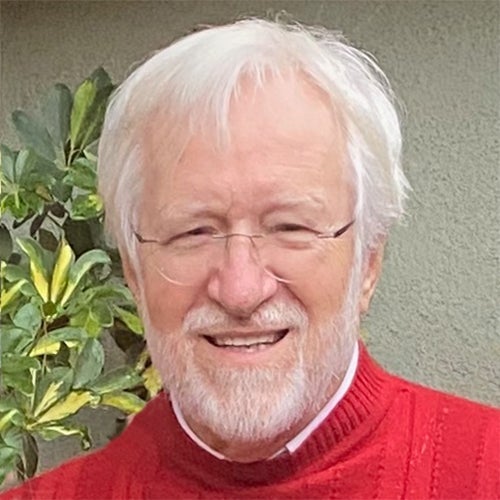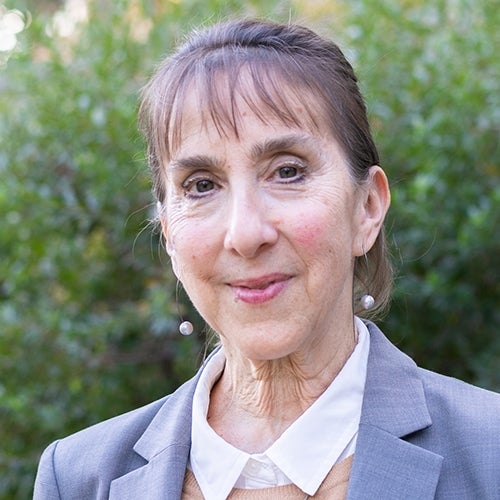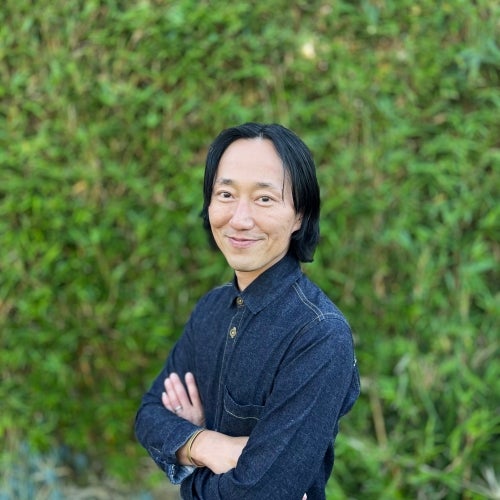"Monkeypox vaccines are too gnarly for the masses"
The Atlantic interviewed Dr. Anne Rimoin, professor of epidemiology, about the risks of the current monkeypox outbreak.
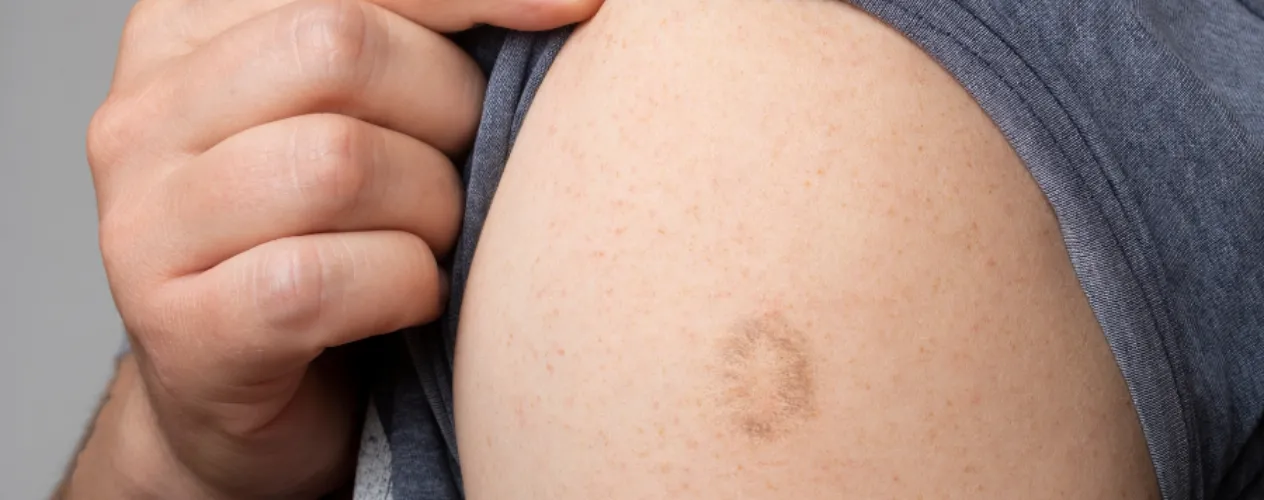
In the past three years, the world has weathered two very different global outbreaks, caused by two very different pathogens, under two sets of very different circumstances. Unlike with the SARS-CoV-2 virus, with monkeypox, we’re entering an epidemic with highly effective vaccines—formulated to guard against smallpox—already in hand. Also unlike with SARS-CoV-2, with monkeypox, the shots stockpiled in U.S. stores are based on some pretty grody tech. Nearly all of the 100 million available smallpox vaccines are ACAM2000, an inoculation that, per FDA documentation, gets punctured “rapidly” into the arm via 15 jabs of a bifurcated, escargot-fork-esque needle, in a fashion “vigorous enough” to draw blood. In the weeks following, a gnarly, pus-laden lump blossoms, then scabs and falls away. “It’s oozy; it’s nasty; it definitely doesn’t feel good,” says Kelsey Cone, a virologist at ARUP Laboratories, in Utah, who received the vaccine about 12 years ago.
And unlike with SARS-CoV-2, with monkeypox, most of us won’t have to get those shots—or any smallpox vaccine at all, at least not anytime soon.
“Vaccination is not going to be the primary thing that squashes this outbreak,” says Boghuma Kabisen Titanji, a virologist and an infectious-disease physician at Emory University. Monkeypox is an older pathogen than the new coronavirus, with a richer history with humans; it spreads far less efficiently, and can more easily be snuffed out. And it will demand an almost opposite response—one that doesn’t require building widespread population immunity. Monkeypox, after all, is a different sort of emergency, in which the downsides of mass vaccination—for now—outweigh the perks. Our most abundant shot, ACAM2000, contains an active virus, related to smallpox, that can replicate inside human cells; “if you vaccinated a million people, you might result in more disease,” says Mark Slifka, a vaccinologist at Oregon Health & Science University, “than you would get from the monkeypox outbreak itself.”
Faculty Referenced by this Article

Dr. Anne Rimoin is a Professor of Epidemiology and holds the Gordon–Levin Endowed Chair in Infectious Diseases and Public Health.

Robert J. Kim-Farley, MD, MPH, is a Professor-in-Residence with joint appointments in the Departments of Epidemiology and Community Health Sciences

Dr. Joseph Davey is an infectious disease epidemiologist with over 20 years' experience leading research on HIV/STI services for women and children.

